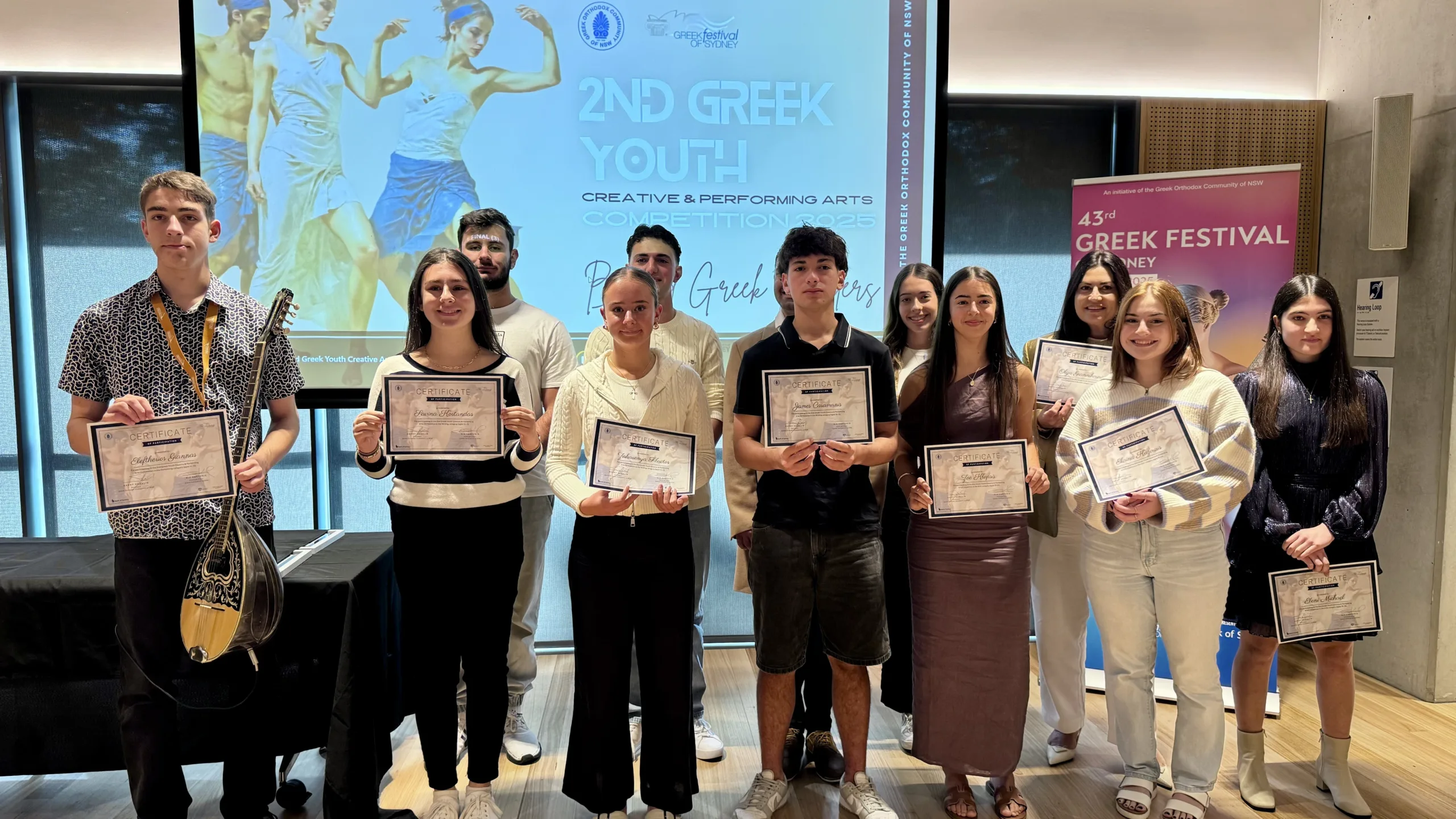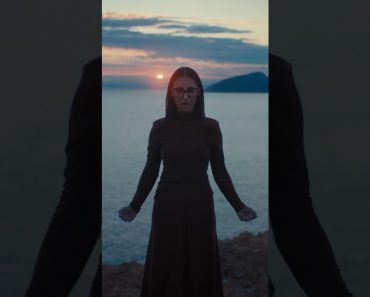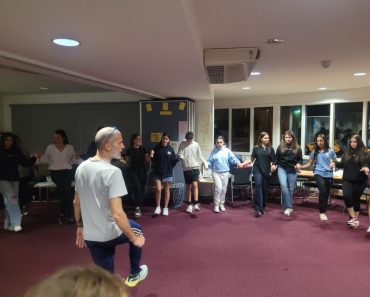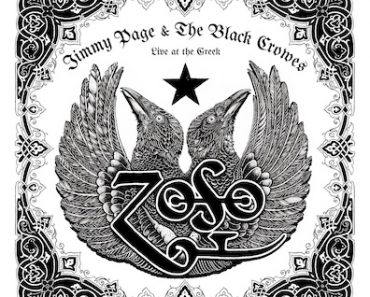Greek rapper Light has issued a public apology following widespread criticism of his new song “Polo,” which contained lyrics deemed offensive and derogatory toward people with disabilities.
The controversy has sparked heated discussions across Greece, with the National Confederation of Persons with Disabilities (ESAmeA) condemning the song for promoting hate and discrimination.
The controversial lyrics in “Polo” include the line: “The flow is retarded in the chain and the AP. It goes to a special school, we show up late but it waits for me.” Many have criticised the use of the term “retarded” and references to special education as deeply insulting to individuals with disabilities. The backlash prompted Light to post a series of videos on his Instagram account, where he expressed regret and took full responsibility for the lyrics.
In his apology, Light, whose real name is Christian, stated, “I’m addressing the community of people with special needs and disabilities. I take full responsibility for this lyric that hurt so many people. It was a mistake, and I didn’t realise how harmful it was until it was pointed out to me. I’m not trying to make excuses—I’m sincerely sorry, both as an artist and as a person.”
He emphasised that his intention was not to demean or harm anyone, adding, “As a man, I will own up to my actions. I can’t take back what I said, but I want to apologise to everyone I’ve hurt, especially my fans with disabilities. I didn’t understand how offensive it was until today.”
The ESAmeA responded with a strongly worded statement, describing the lyrics as “promoting ableism and sexism” and potentially inciting violence. “When an artist with such influence among young people resorts to lyrics that exude hatred and discrimination, it is a shame. If done deliberately for views and profit, it is a disgrace to humanity,” the organization said. They vowed to continue advocating against ableist rhetoric and defending the dignity of people with disabilities.
The controversy has raised broader questions about the responsibility of artists in shaping public discourse, particularly among younger audiences. Light’s apology has been met with mixed reactions, with some praising his accountability and others calling for more concrete actions to address the harm caused.
As the debate continues, the incident serves as a reminder of the power of words in music and the need for greater awareness of their impact on marginalised communities.






